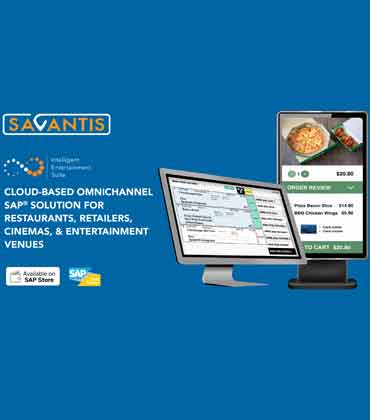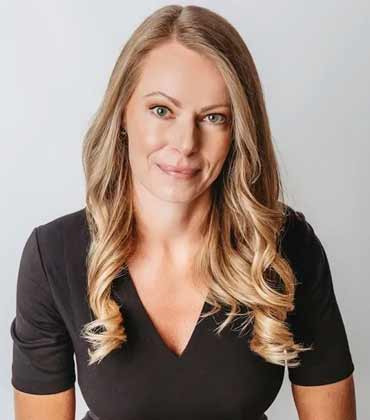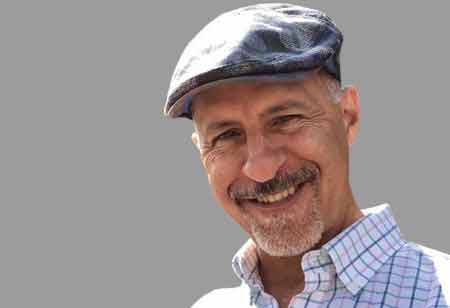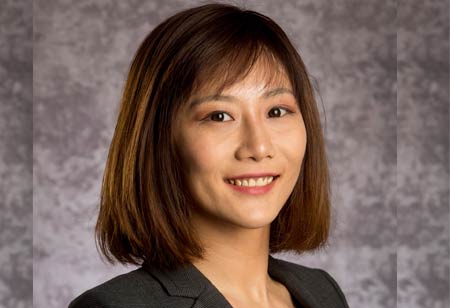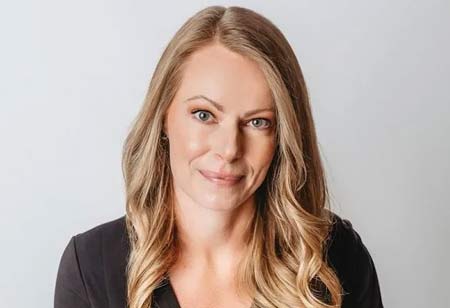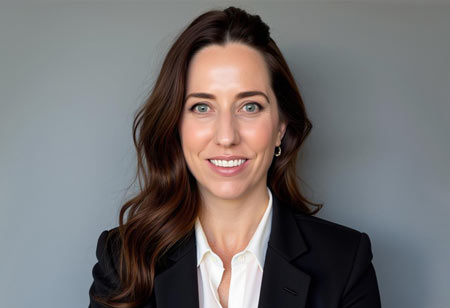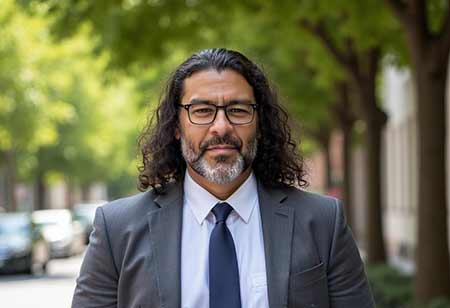THANK YOU FOR SUBSCRIBING
By Sarah Hoodspith, Owner of CARONE Wines + Spirits, and Director, Zenergy Communications
Intelligent Solutions Help Food and Beverage Companies...
By Enrique Leon, AI Enterprise Architect, American Sugar Refining Inc
Enhanced Precision Agriculture using Cloud Based AI
By Ruohan Liu, Senior Director, Global Operations, Agriculture Supply Innovation, PepsiCo
How Cloud Computing Impacts Precision Agriculture Technology
By Keira Lombardo, Chief Strategy Officer, Cal-Maine Foods Inc
Building Durable Growth in Food Systems

Cultivating a Positive Force for Change at Bidfood UK
Julie Owst, Head of Sustainability, Bidfood UK

 Julie Owst, Head of Sustainability, Bidfood Uk
Julie Owst, Head of Sustainability, Bidfood UkCareer Milestones and Leadership Evolution
I transitioned into a sustainability role in 2019 from a logistics and HR background. It’s an unconventional path but logistics gave me a strong commercial grounding, as it’s a fast-moving sector with typically very low margins and HR experience helped consider sustainability from an organizational culture and leadership point of view. In the last few years I’ve completed an MSc in sustainability to give me greater credibility and specialist knowledge; this has hugely helped me approach the subject in a far more strategic, data-led way. I feel everything I’ve learned to date contributes to being more effective, as sustainability leads have to be able to work cross-functionally, relate to a wide variety of stakeholders, and have a very flexible leadership style. We typically don’t have much hierarchical power, so it’s crucial to be highly relational in style, influencing by persuasion, enthusiasm, authenticity and above all, persistence!
Integrating Governance into Sustainability Strategy
Strong governance underpins everything and is so underrated, it’s not ‘sexy’ but it ensures clear accountabilities and crucially, identifies and manages risk. Our governance structure for sustainability entails clear board-level sponsorship for each pillar of our sustainability program; the board has that much-needed access to resources and hierarchical power that means (to put it bluntly) that stuff just gets done. In terms of ethics, we have many stakeholders that hold us to account and steer prioritization; our own employees, our customers, NGOs, industry working groups and more. We’re also making sure our external reporting is independently verified, so our customers can trust what we say.
“Sustainability leaders must be highly relational, leveraging persuasion, enthusiasm, authenticity and persistence to drive meaningful change without hierarchical authority, securing budgets, influencing cross-functional teams and embedding clear governance in the organization, all while delivering transparent, accountable and ethically sound outcomes”
Overcoming Challenges in the Positive Force for Change Program
I’d say there are three main challenges:
• The elusive ‘green consumer’ — in other words, the consumers who would say that sustainability is really important to them in their purchasing, but this often doesn’t translate into reality. There’s no easy answer for tackling this; we do our best to educate our customers on the issues (for example, via our factsheets and we create blogs and podcasts to talk about what we’re doing to drive change. I also try to change the language I use; I recently suggested in a blog that we drop the word ‘sustainability’ in favor of talking about what we need for a better future.
• ‘Anonymous food’ – and by this I mean that in the foodservice sector, the food served to the consumer doesn’t benefit from labels (in the same way that retail does) – so it’s really challenging for our customers to evidence responsible purchasing – they have to rely on wider brand communications and marketing.
• We serve a very broad customer base – with very differing levels of commitment to sustainability, so developing responsible sourcing policies is rather like trying to find one size that fits all–a policy needs to address the issue but to do so in a way that is commercially and practically feasible for our suppliers. One way in which we do this is by working with NGOs (for example, Efeca for soya) to understand the supply chain and what level of ambition is feasible, liaising with suppliers to outline our ambition and understand their ability to match it and then creating our policy and giving suppliers a timeframe in which to fully align.
Embracing Emerging Trends and Technologies
We’re partnering with CarbonCloud, providers of a SaaS tool that gives us the capability to not only give customers product carbon-footprint data for every product in our range but also engage suppliers in the all-important task of improving data quality in this area so that we can not only measure but reduce the carbon impact of the food we sell. There’s huge potential for tech expansion in food and agriculture – we’re seeing the development of tools for monitoring deforestation, soil quality, carbon sequestration, land use change and more – to meet the demand for better data on food provenance.
Advice for Aspiring Sustainability Leaders
There are lots of fairly predictable answers to this question, but my top tips would be:
1. Work out how best to get ‘invited to the table’. In sustainability, we often have to fight for a voice, struggle to secure budgets and survive with minimal resources. BUT you don’t need to be a victim of circumstance - no-one but yourself is likely to change this! Devote some time working out how you add value - create your own metrics, seek stakeholder testimonials and position your function as the value-adding entity that you already are. Identify others that already see this and amplify their voices.
2. Leverage other teams to achieve your objectives – and learn to speak their language to harness their motivation for change. Operating business in a more sustainable way helps manage and mitigate cost and risk ( finance), enhances brand (marketing/PR), enhances the proposition to your customers and may open up new markets (sales), helps anticipate regulatory changes (legal), can drive greater resilience (supply chain), etc.
3. Finally, recognize the risk of burnout – this is a tough gig! The earlier you recognize your limitations, and what is/isn’t within your gift to influence, the better. There will always be more that needs to be done, so make time for things that help you recalibrate – whether it is sports, socializing, being in nature, or whatever! And try and find like-minded people to feel supported, as this can be a lonely role.
Read Also


